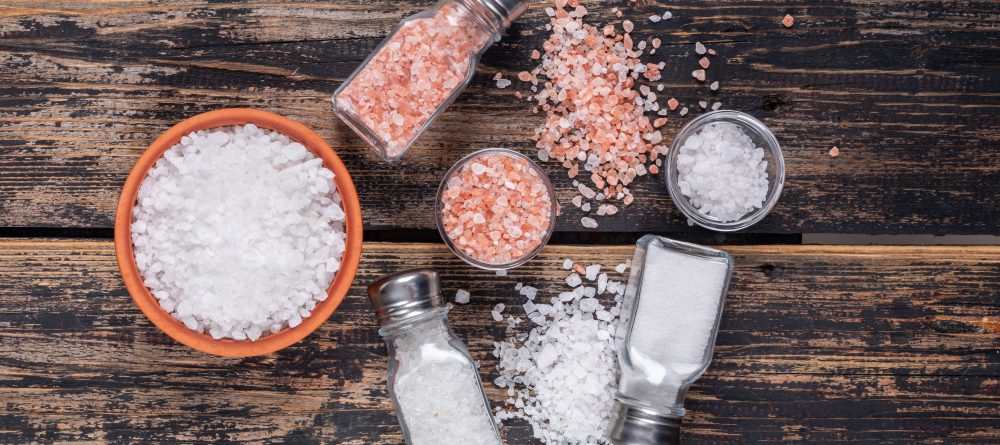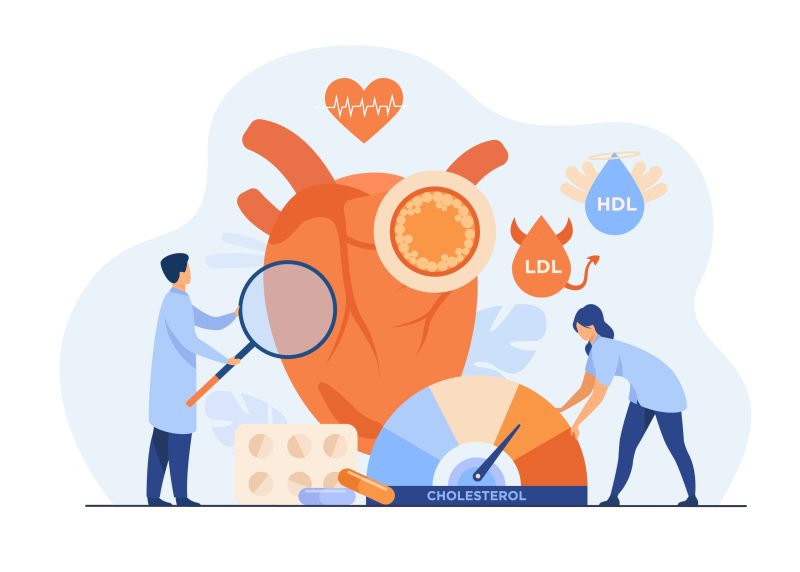The Scoop On Salt
ADV Care2024-03-12T15:47:49-04:00Salt, a ubiquitous mineral found in every household kitchen, plays a vital role in our daily lives. However, its consumption and effects on health are subjects of ongoing debate and research. Here’s a breakdown of the intricacies of salt intake, exploring its benefits, risks associated with certain types and quantities, and any potential interactions with medications or treatments.
Understanding Salt Intake
Salt, chemically known as sodium chloride (NaCl), is essential for the body’s proper functioning. It aids in nerve transmission, muscle contraction, and maintaining fluid balance. Despite its importance, excessive salt intake is linked to health issues like hypertension, heart disease, and stroke.
The Recommended Daily Intake
The World Health Organization (WHO) recommends consuming less than 5 grams of salt per day, which is roughly equivalent to about one teaspoon. However, the average intake in many countries far exceeds this guideline, primarily due to the prevalence of processed foods and dining-out culture.
Types of Salt
1. Table Salt: This is the most common type, typically refined and heavily processed to remove impurities. It often contains additives like iodine to prevent iodine deficiency disorders.
2. Sea Salt: Harvested by evaporating seawater, sea salt retains trace minerals like magnesium, potassium, and calcium, giving it a slightly different taste and texture compared to table salt.
3. Himalayan Pink Salt: Mined from ancient salt deposits in the Himalayan mountains, this salt is lauded for its rich mineral content and distinct pink hue.
4. Kosher Salt: Used primarily in koshering meat, this coarse-grained salt contains no additives and is preferred by many chefs for its texture and flavor.
Benefits of Salt Intake
1. Electrolyte Balance: Salt helps regulate electrolyte levels in the body, ensuring proper nerve and muscle function.
2. Iodine Source: Iodized salt is a crucial source of iodine, necessary for thyroid health and preventing iodine deficiency disorders like goiter.
3. Flavor Enhancer: Salt enhances the taste of food, making it more palatable and enjoyable.
4. Preservation: Historically, salt has been used as a preservative, inhibiting the growth of bacteria and extending the shelf life of food.
Risks Associated with Excessive Salt Intake
1. Hypertension: High salt intake is a major risk factor for hypertension, increasing the risk of heart disease, stroke, and kidney disease.
2. Cardiovascular Disease: Excessive salt consumption is linked to a higher risk of cardiovascular events like heart attacks and strokes.
3. Osteoporosis: Some studies suggest a correlation between high salt intake and decreased bone density, potentially leading to osteoporosis.
4. Kidney Damage: Excess salt can strain the kidneys, leading to kidney damage or worsening existing kidney conditions.
Interactions with Medications and Treatments
Certain medications and medical conditions may interact with salt intake:
1. Blood Pressure Medications: Salt-sensitive individuals or those with hypertension may require adjustments in salt intake when taking medications like diuretics or ACE inhibitors.
2. Kidney Disease: Patients with kidney disease may need to restrict salt intake to alleviate strain on the kidneys and manage fluid balance.
3. Corticosteroids: These medications can cause sodium retention, necessitating lower salt intake to prevent fluid retention and hypertension.
Salt, while essential for the body’s functioning, should be consumed in moderation. Understanding the types of salt, their benefits, and risks associated with excessive intake is crucial for maintaining optimal health. Additionally, individuals on certain medications or with specific medical conditions should consult healthcare professionals for personalized recommendations regarding salt intake. By making informed choices and mindful dietary decisions, we can strike a balance that promotes overall well-being and longevity.L










